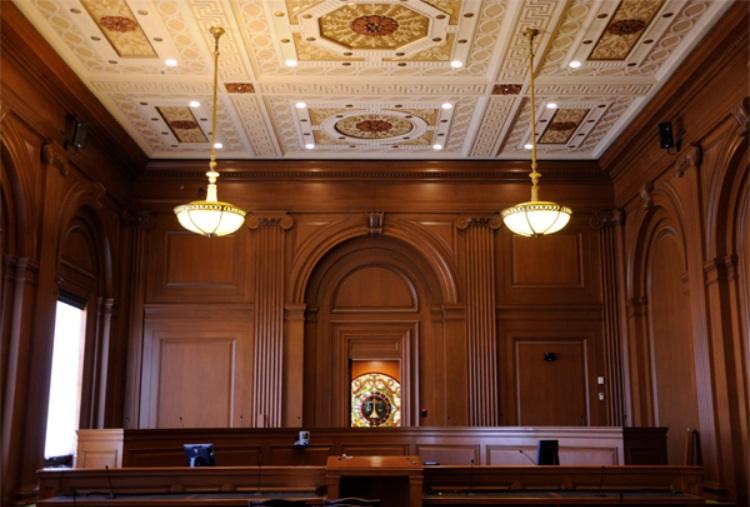California’s new laws laws requiring large companies to disclose their value chain greenhouse gas emissions and report on climate-related risks survived another court challenge, with a U.S. District Judge denying a motion to block enforcement of the laws on First Amendment free speech grounds.
The motion marked the latest move by the U.S. Chamber of Commerce, alongside other business groups, to strike down California’s upcoming climate reporting requirements on constitutional grounds before proceeding to trial, with the court ruling against two motions earlier this year and late last year.
The regulations, SB 253 and SB 261, were approved by Governor Newsom in 2023, and signed into law in October 2024 (as a combined and slightly amended bill SB 219).
SB 253 requires companies with revenues greater than $1 billion that do business in California to report annually on their direct Scope 1 and 2 emissions, and Scope 3 value chain emissions, including those associated with supply chains, business travel, employee commuting, procurement, waste, and water usage. SB 261 applies to U.S. companies that do business in California and with revenues greater that $500 million to prepare a report disclosing their climate-related financial risk, as well as measures to reduce and adapt to that risk.
Following the approval of the new climate disclosure laws, the U.S. Chamber of Commerce, alongside other business groups, filed a lawsuit against the state, arguing that the new rules would violate the first amendment by compelling businesses to engage in subjective speech, and claiming that supply chain emissions “can be nearly impossible for a company to accurately calculate,” and that they would obligate companies to “subjectively report their worldwide climate-related financial risks and proposed mitigation strategies.”
The latest ruling referred to a motion for preliminary injunction brought by the Chamber of Commerce, to stop enforcement of the new laws before trial on First Amendment grounds. While the judge, U.S. District Judge Otis Wright II, declined to alter the court’s prior finding that the laws are subject to First Amendment review, he also denied the Chamber of Commerce’s motion, finding that “Plaintiffs have not shown a likelihood of success on the merits with respect to either of its facial First Amendment challenges to SBs 253 and 261.”
The plaintiffs in the case may still appeal, and the trial is currently scheduled for October 2026. Disclosures of Scope 1 and 2 emissions under the new law is scheduled to begin in 2026, covering the previous fiscal year, while Scope 3 emissions reporting will begin in 2027, while the first climate-related risk reports are to be published by January 1, 2026.

